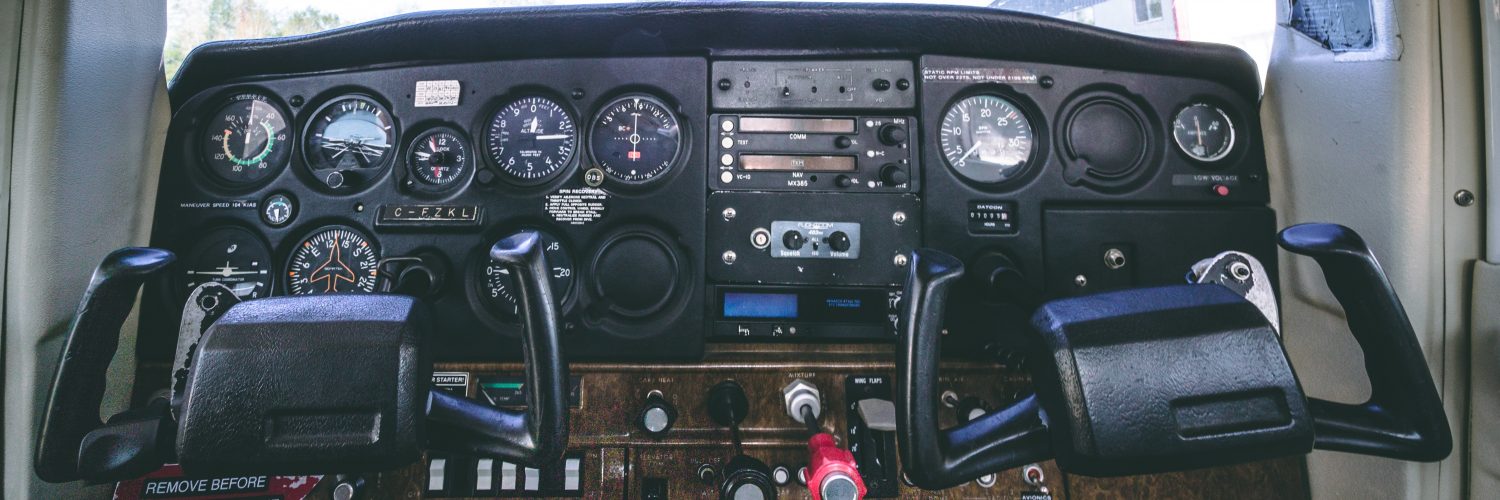Falcon Field Airport in Mesa doesn’t offer commercial passenger flights like other Valley airports, but that hasn’t stopped it from becoming one of the busiest general aviation airports in the country. To help accommodate increasing demand, the airport is finalizing a variety of plans that will result in new and improved facilities for aviation businesses wanting a presence at the growing aviation hub.
According to Corinne Nystrom, Airport Director at Falcon Field Airport, the airport’s commercial spaces have been at 100 percent occupancy for a while now.
“We’ve actually had to turn away aeronautical businesses… we’ve had to turn them away because we didn’t have the hangar space available for them,” she said.
That’s why Nystrom says she’s excited about an upcoming capital improvement project that will result in up to 400,000 square feet of new hangars. The new facilities will be entirely funded and built by Davcon Construction, a California-based industrial property developer that is investing nearly $58 million into the 23-acre development project, Nystrom said.
The project was approved by the City of Mesa in May 2019 and takes advantage of Falcon Field Airport’s status as one of 168 Opportunity Zones in Arizona. Developers who build within Opportunity Zones as designated by the federal government can become eligible for a range of tax incentives, which works to encourage fast-tracked development in more rural regions.
“We’re really happy that we were selected as an Opportunity Zone so that it was more attractive for developers to step in and build these hangars, without necessarily having anybody yet to sign the dotted line,” Nystrom said.
Because the development is an Opportunity Zone project, Nystrom said the government is requiring Davcon to complete the project within thirty months of its approval earlier this May. That means that the new facilities should open before the end of 2021.
Nystrom said the development will be operated by a company called Mesa Hangars, and will include a variety of different-sized spaces for both small and large aviation companies. Falcon Field already houses over one hundred different businesses, including aircraft repair shops, radio technology companies, and even aircraft furniture upholsterers.
“If someone wanted to bring their aircraft here to Falcon Field, they can virtually have anything done here,” she said.
In addition to the new hangars, Falcon Field is planning to modernize its airfield by adding additional connections between its runways and taxiways. These new stretches of pavement will allow landing aircraft to exit the runway more quickly. Because an arriving aircraft must exit the runway before a departing plane may begin to takeoff, the new taxiway connections will ultimately allow for increased aircraft traffic.
That project is heavily grant-funded, with the FAA funding over ninety percent of the costs. Falcon Field has also applied for a state grant which could cover an additional five percent of the project expenses.
Falcon Field is also expecting to receive a grant from ADOT that will allow the airport to reconstruct some airport parking ramps which Nystrom says are “in desperate need” of being rebuilt. She says these sorts of projects are crucial to the airport’s continued growth.
“Your runways, your taxiways and your ramps… ultimately, that’s what you’re all about,” Nystrom said.
The airport has also been planning for even farther into the future with an updated Airport Master Plan, which has been in the works for a few years. That plan, which will set forth long-term strategies to meet the anticipated demand for services at Falcon Field through the next few decades, is currently awaiting approval by the FAA.
Throughout all of this planning, Nystrom said Falcon Field continues to involve community members and businesses and ensure all voices are heard.
“We really do try to make an effort to reach out to the community, to be very transparent to them, let them know what we’re doing,” she said.
Overall, Nystrom says she’s excited for the future of Falcon Field, which she says is “very bright.”
“The aviation industry is extremely strong right now,” she said. “We are a little hub of economic activity here.”
















Add comment